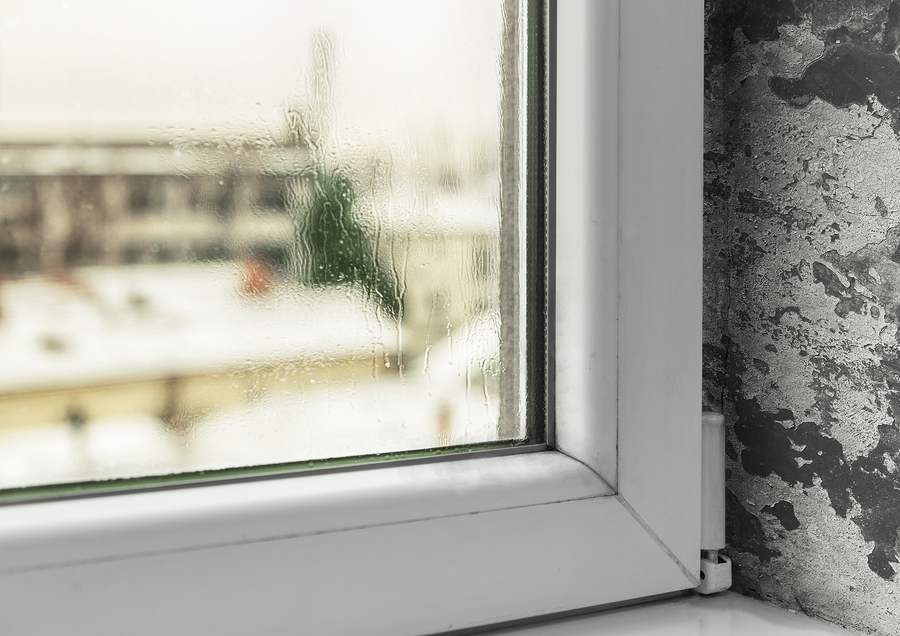If you suffer from allergies, take control of triggers and allergens by asthma proofing your home to perfection.If you suffer from allergies, take control of triggers and allergens by asthma proofing your home to perfection.
Bedroom
- Bed and bedding. Cover pillows, mattresses and box springs in dust-mite proof covers. Wash sheets, pillowcases, cover comforters, and blankets at least once a week. Replace wool or feathered bedding with synthetic materials.
- Flooring. Remove carpeting and use hardwood or linoleum flooring. If that’s not an option, use low-pile instead of high-pile carpeting and vacuum weekly with a vacuum cleaner.
- Curtains and blinds. Use washable curtains made of cotton or synthetic fabric.
- Windows. Close windows and use air conditioning during pollen season.
- Furnishings. Choose easy-to-clean chairs, dressers and nightstands made of leather, wood, metal or plastic.
- Clutter. Remove items that collect dust such as magazines, books, and tabletop ornaments. Store in plastic bins.
- Pets. Keep animals out of the bedroom. Bathe pets at least once a week to reduce dander.
- Air filtration. Choose an air filter that has small particle or HEPA filter.
Living Room
- Furniture. Consider replacing upholstered sofas and chairs with furniture made of leather, wood, metal or plastic.
- Windows. Close windows and use air conditioning during pollen season. Clean mold and condensation from window frames and sills.
- Plants. Find a new home for potted plants.
- Pets. If you can’t find a new home for your dog or pet, keep animals out of the bedroom.
- Fireplaces. Avoid using wood-burning fireplaces or stoves. Smoke and gases can worsen respiratory allergies.
Kitchen
- Stove. Install and use a vented exhaust fan while cooking.
- Sink. Wash dishes daily. Scrub the sink and faucets to remove mold and food debris.
- Refrigerator. Wipe up excessive moisture to avoid mold growth. Discard out-of-date food.
- Cabinets and counters. Clean cabinets and countertops. Store food in sealed containers.
- Food waste. Place garbage in a can with an insect-proof lid and empty trash daily.
Bathroom
- Ventilation. Install and use an exhaust fan to reduce moisture while taking baths or showers.
- Floors. Remove carpeting and use tile, vinyl, wood or linoleum flooring.
- Shower and tub. Towel-dry the tub and enclosure after use. Scrub mold from tub, shower and faucets with bleach.
- Toilet and sink. Scrub mold from plumbing fixtures. Repair leaks.
Miscellaneous
- Temperature and humidity. Maintain temperature between 68 degrees Fahrenheit and 72 degrees Fahrenheit. Keep relative humidity no higher than 50 percent.
- Pests. Control pests with inexpensive traps. If that’s not effective, hire a professional exterminator.
- Mold. Close doors and windows during warm weather, and use air conditioning.
- Weekly cleaning routine. Set a cleaning routine each week. Use air conditioning and dehumidifiers during warm weather. Clean washable material with a solution of 5 percent chlorine bleach and wear a protective mask when cleaning. Check the roof and ceilings for water leaks; repair any damages.
- Smoking. Avoid smoking anywhere inside your house.
Schedule a Consultation
If you have allergies, it is important to seek the right medical help. An allergist/immunologist is a specialist in the diagnosis and treatment of allergies, asthma and other diseases of the immune system. Testing done by allergist can give you precise information about what your child is and is not allergic to. If you are allergic to any substances, you and your allergist can develop a treatment plan to manage or even get rid of your symptoms.
To get you started, discuss and review your treatment options in order find the perfect option for you. Schedule an appointment with Dr. Shukla today, for treatment options.

